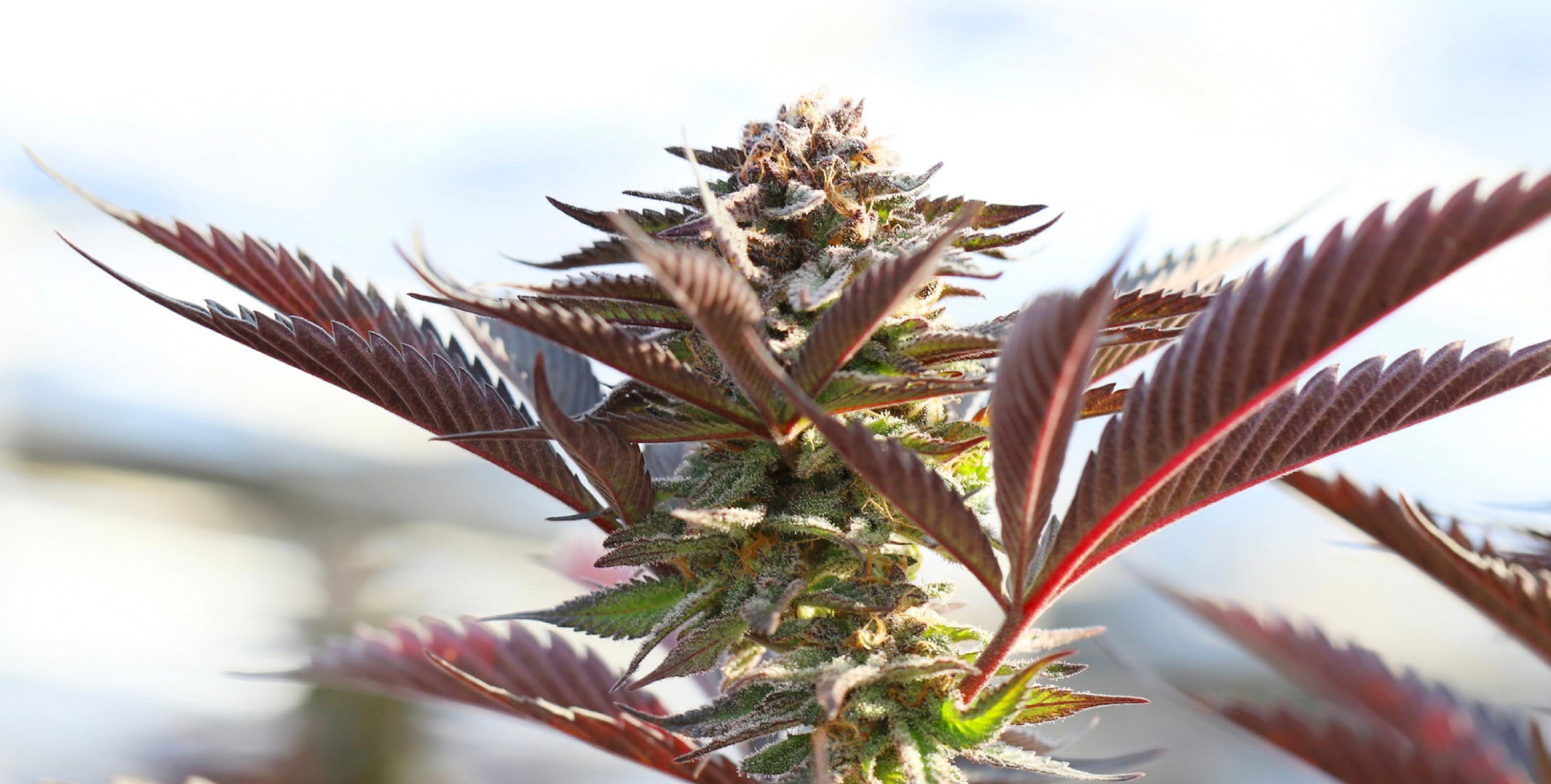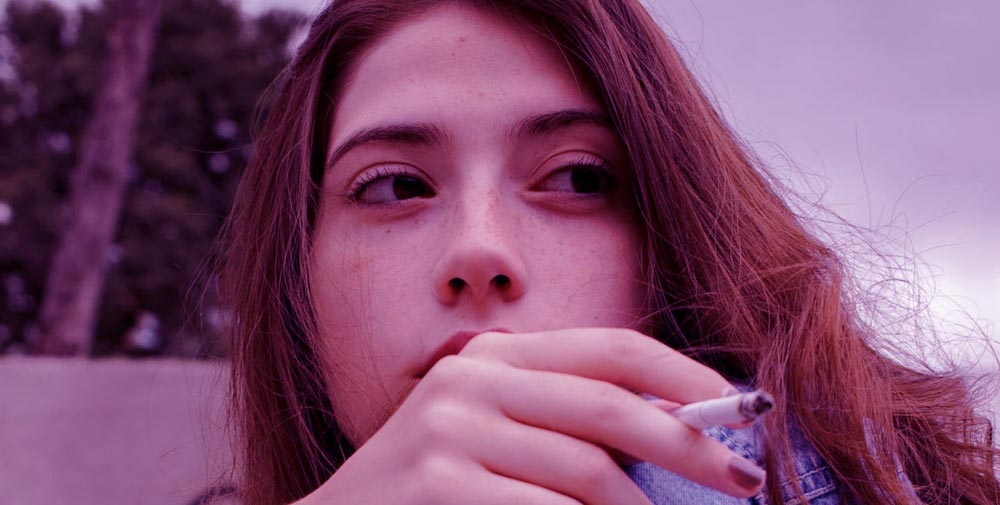by Sugar Team October 16, 2021 7 min read

1. CBD is addictive
2. There isn’t any clinical research on CBD
3. CBD gets you high
4. CBD doesn’t have side effects
5. CBD doesn’t have interactions with other medications
6. All CBD is the same
7. CBD does nothing
8. CBD is illegal
9. CBD won’t show up on a drug test
10. CBD turns into THC
11. CBD works immediately
12. CBD will make you drowsy
Despite what you’ve heard, there isn’t any evidence to suggest that CBD is an addictive substance. In fact, the World Health Organization (WHO) released a report not long ago stating that CBD carries no risk of dependence. They added that to date, there isn’t any evidence of recreational use or public health risks associated with CBD. Read more about their research and findings here.
So, if you’re on the fence about using CBD for some of its purported benefits, dependence shouldn’t be one of the things that you should be worried about. However, we suggest that you read on to learn more before taking the plunge.
Junella Chin, DO, a medical advisory and cannabis physician for cannabisMD, states, “There are over 20,000 PubMed citations regarding the endocannabinoid system (ECS), cannabinoid receptors, and research regarding the physiological mechanisms of ECS components and how it works on other neurotransmitters of the brain and body.”
While there are many studies surrounding CBD, most are not performed on humans. Like most preliminary trials, CBD research was initially performed on rodents. In recent years, the body of research regarding CBD has been slowly growing. Currently, CBD is FDA approved for certain types of epilepsy to prevent seizures in humans.
Now, we also have some research suggesting that CBD may help reduce cigarette consumption while also reducing the salience and pleasantness of cigarette cues.
For some of the other ailments, such as depression, anxiety, and insomnia, further studies are warranted. But due to the fact that CBD cannot be patented, as it is a naturally occurring chemical found in the cannabis or hemp plant, most pharmaceutical companies aren’t very eager to fund clinical trials. Ultimately, the onus falls on private companies, researchers and institutions to take matters into their own hands.
Botanically speaking, hemp is the same species as cannabis. Yes, the same cannabis that makes you high. What’s the difference?
In legal terms, hemp is defined as the cannabis plant with less than 0.3% THC, the chemical found in the plant that’s famous for giving you the munchies and plastering you to the couch. Instead of being high in THC, hemp usually contains rich amounts of CBD, a substance that’s not psychoactive. Instead, users report CBD effects as calming and relaxing, and promoting a sense of well-being.
While CBD is generally well-tolerated by most folks, there are some side effects to be aware of. Here’s a list of reported side effects:
In addition to these listed side effects, you should also be aware of some possible interactions that CBD may have with other medications. That leads us to our next myth.
According to Harvard Health Publishing, CBD is generally considered safe. However, taking CBD with other medications that have similar effects may “increase the risk of unwanted symptoms of toxicity.” Meaning, when CBD is taken along with other medications and substances that cause sleepiness, such as alcohol, antihistamines (such as Benadryl), antidepressants, antipsychotics, opioids, or benzodiazepines (such as Xanax), the user may experience increased levels of sleepiness or fatigue. This may result in higher possibilities of accidental falls and dangers when driving. Additionally, CBD taken with stimulants (like Adderall or Ritalin) may lead to decreased appetite, while CBD taken with some heartburn drugs may lead to increased risk of diarrhea.
Finally, some additional potentially serious drug interactions with CBD include, but are not limited to:
Blood thinner, warfarin
Heart rhythm medication, amiodarone
Thyroid medication, levothyroxine
Seizure medications: clobazam, lamotrigine, valproate
We suggest you consult with your medical professional prior to using any CBD products. This article should not be taken as medical advice.
A common misconception is that all CBD is the same. This is not true, since hemp and CBD can come in different levels of quality and lab-testing.
Ask yourself, would you prefer to smoke a preroll or cigarette that has been lab-tested for heavy metals, unsafe fertilizers, and pesticides, or one that doesn’t? The same could also be said for CBD oils, topicals, and ingestibles.
As it pertains to prerolls and CBD cigarettes, there’s a divergence between companies who only lab test for potency and companies who will additionally test for heavy metals, pesticides and other impurities. Just because a company touts their products as being “lab-tested,” does not necessarily mean that their product has been thoroughly tested. For example, some hemp cigarette companies will say lab-tested, while only testing for potency (to ensure that its legal), but they’re not actually testing for dangerous levels of heavy metals or pesticides. This is often a misleading marketing tactic. Responsible CBD and hemp manufacturers will perform more comprehensive lab-testing, which may increase production costs, but ultimately results in higher quality finished products.
Once in a while, we come across someone who believes that CBD does nothing, and that it’s all just a myth. We suggest that you judge CBD for yourself.
Like most drugs and substances being used by humans, different people have different reactions. There is real research showing promising effects of CBD, and CBD is currently FDA approved for some types of epilepsy to prevent seizures. As far as other potential benefits of CBD, further research is still warranted and being studied.
It’s not difficult to get your hands on CBD to give it a try for yourself. See the products that Sugar has to offer.
This is a myth. The 2018 Farm Bill legalized hemp and CBD at the federal level. The law defined hemp as the cannabis plant containing 0.3% or less delta-9 THC, opening up the CBD and hemp market for all of the United States. A few states have some restrictions on CBD and hemp manufacturing and sales, but personal use is generally legal in all states. The easiest way is to purchase your hemp/CBD products online from vendors and websites that you trust.
At Sugar, there are some states that we cannot ship to, due to certain local regulations and tax rules. In these cases, you can visit one of our partner distributor websites to order from, such as greenrepubliclife.com.
This is a tricky one. First, it depends on the type of drugs your test is testing for. Secondly, it depends on the type of CBD product you’re using.
Let’s start with the first one. If your drug test is testing for only hard drugs, such as cocaine, heroin, LSD, etc., then you’re unlikely to fail a drug test, no matter what type of CBD you choose to use. On the other hand, if you’re being tested for marijuana (cannabis) use, then that’s a different story.
Depending on the type of CBD that you use, your usage may or may not affect a drug test that’s testing for cannabis use. Here’s how it works: If the CBD product that you’re using contains any trace amounts of THC, then it might make you fail a drug test. When a CBD product is labeled as “full spectrum,” often times you’ll find that it contains some THC in it.
As far as we know, there are no smokable hemp products that contain absolutely ZERO THC. What this means is that there are no smokable hemp products that can guarantee that you won’t pass a drug test testing for marijuana usage.
We’ve heard of funny rumors where CBD apparently converts into THC in the gut, and will make you high. This myth was born out of research that showed CBD changing into THC with the introduction of certain acids. And some people, upon learning that, assumed that the acids in our gastrointestinal tract might turn CBD into THC.
As fun as that might sound, there’s no evidence to suggest that CBD will convert into THC in the human gut. In a lab, that’s another story. So, if you’re worried about getting high from CBD converting into CBD in your stomach or intestines, rest assured that it’s probably not going to happen in this lifetime.
This one is partially true, depending on your intended use. Many CBD users report fast relief of nerve pain after using topical or inhalable CBD. Oral administration will usually take longer to go into effect.
While these reports seem to point towards immediate effects, others users maintain that long-term use of CBD has led to longer-lasting results. It seems that CBD has helped improve the quality of life for many people, whether it is used as a short-term treatment or long-term. It may be time for you to try it for yourself. Remember to consult with a medical professional and to review any COAs available prior to using any CBD products.
Many people assume that CBD will make you drowsy, probably due to the reported benefits of helping people with insomnia. While one of the side effects of CBD is drowsiness, it does not seem to be very common for it to make you sleepy during the day. In fact, many report an increased sense of focus and well-being.
Some users believe that the feelings of relaxation and diminished anxiety from CBD use are helping them sleep more easily at night. Again, CBD affects different people in different ways. Let us know how your experience with CBD has been!
Tobacco use claims millions of lives every single year, and they’re filled with pesticides, heavy metals, and other additives. So, can CBD cigarettes help you quit nicotine?
Quitting smoking is tough. Nicotine addiction, according to some studies, is even more difficult to break than heroin addiction. It’s no wonder why so many people try and fail to kick their tobacco habits each year.
We’re right there with you. Our founders were smokers, and quit with the help of CBD cigarettes. When paired with the right strategies, CBD cigarettes can be a powerful tool in nicotine cessation. We suggest trying to combine different cessation tools, such as nicotine gum or patches along with CBD cigarettes. Research has found that the use of CBD inhalers can reduce cigarette consumption by 40%.
Nowadays, quitters are often replacing nicotine with hemp cigarettes, and are finding success. According to a Brightfield survey, 24% of quitters have used hemp to quit smoking. And 41% of the quitters have entirely replaced tobacco with hemp CBD. Because hemp cigarettes mimic the action of smoking a traditional cigarette, it helps tobacco quitters satiate the need to smoke something. We make our hemp cigarettes taste great so that they’re a desirable alternative to your Marlboros.

by Sugar Team April 10, 2023 7 min read

by Sugar Team March 31, 2023 8 min read

by Sugar Team March 17, 2023 7 min read